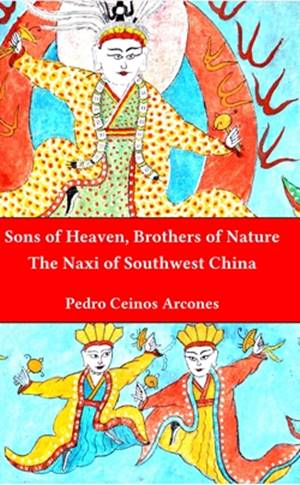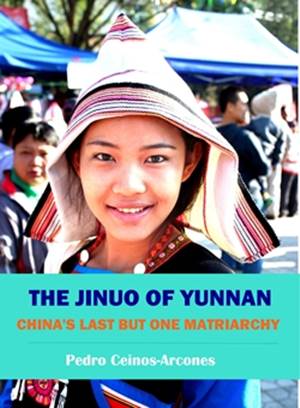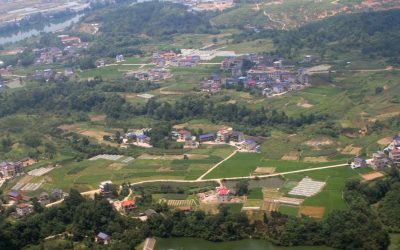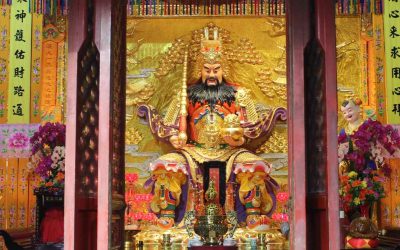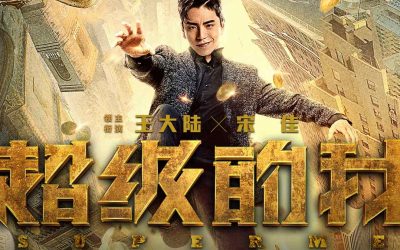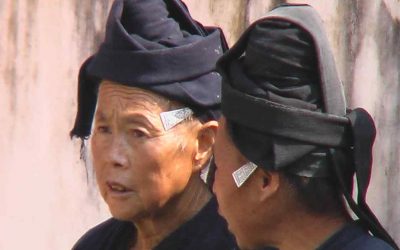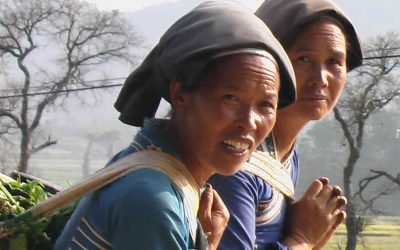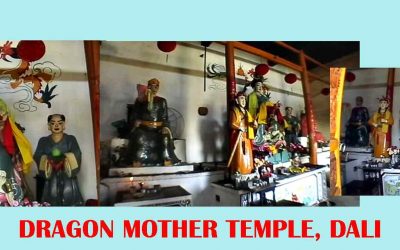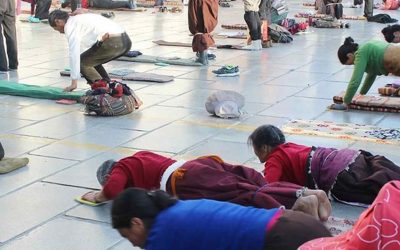Peter Harvey. Buddhism: Teachings, History and Practices. Cambridge University Press. 2013.
(Excerpts from the book. Page 11 and ff.)
In its origin, Buddhism was a Samana-movement. Samanas were wandering ‘renunciant’ thinkers who were somewhat akin to the early Greek philosophers and mystics. The Samanas rejected the Vedic tradition and wandered free of family ties, living by alms, in order to think, debate and investigate. The main Samana groups of Buddha’s time were:
JAINS
Jainism was founded, or at least led in the Buddha’s day, by Vardhamāna the Mahāvīra, or ‘Great Hero’. It teaches that all things, even stones, are alive, each containing a Jīva, or ‘Life-principle’. These are seen as individually distinct, rather like the Western idea of a ‘soul’ but unlike the universal Ātman of the Upanisads, and to be naturally bright, omniscient and blissful. The aim of Jainism is to liberate one’s Jīva from the round of rebirths by freeing it from being weighed down by an encrustation of karma, seen as a kind of subtle matter. The methods of doing so are primarily austerities such as fasting, going unwashed and pulling out the hair, so as to wear out the results of previous karma, and self-restraint, total non-violence to any form of life, and vegetarianism, so as to avoid the generation of new karma. The free-will of the Jīva is emphasized, though even actions such as unintentionally killing an insect are held to generate karma.
AJIVIKAS
Their founder was Makkhali Gosāla (Skt Maskarin Gośāla). Gosāla’s key doctrine was that niyati, or impersonal ‘destiny’, governed all, such that humans had no ability to affect their future lives by their karma: actions were not freely done, but were determined by niyati. Gosāla thus believed in rebirth, but not in the principle of karma as that which regulates the level of a person’s rebirth. The ‘Life-principles’ of living beings are driven by niyati alone through a fixed progression of types of rebirths, from a low form of animal to an advanced human who becomes an Ājīvika ascetic. The Ājīvikas practised rigorous asceticism such as fasting, nakedness and perhaps also disfiguring initiations, and aimed to die by self-starvation (as Vardhamāna in fact did), as a fitting way to end their last rebirth.
MATERIALISTS
The Materialists’ aim was to lead an abstemious, balanced life which enjoyed simple pleasures and the satisfaction of human relationships. They denied any kind of self other than one which could be directly perceived, and held that this was annihilated at death. They therefore denied the idea of rebirth, and also those of karma and niyati. Each act was seen as a spontaneous event without karmic effects, and spiritual progression was not seen as possible.
SKEPTICS
The Skeptics responded to the welter of conflicting theories on religious and philosophical issues, and the consequent arguments, by avoiding commitment to any point of view, so as to preserve peace of mind. They held that knowledge on such matters was impossible, and would not even commit themselves to saying that other people’s views were wrong. The Buddha saw this evasive stance as ‘eelwriggling’, though he shared the wish to step aside from the ‘jungle’ of conflicting views, and avoid dogmatic assertions built on flimsy grounds.
More posts on Chinese culture
To Serve the People, a satire by Yan Lianke
To Serve the People, a satire by Yan Lianke In Brief: A biting satire in which the small longings of each person are exposed as the inevitable substratum on which great ideals, such as "serving the people" are built. The censorship of a Chinese work is a powerful...
Chronicle of a Blood Merchant by Yu Hua
Chronicle of a Blood Merchant by Yu Hua One of the best Chinese novels of the 20th century. Without the apparent search for big ideas, it seduces the reader by its simplicity, and ends up entangling him in its plot. Chronicle of a blood seller, in reality, it is only...
The Grand Canal and the Great Wall
The Grand Canal and the Great Wall In Brief: A brief review showing some of the similarities between the two iconic works of Chinese history and culture, their goals, and their differences. As well as how they both ended up shaping this country. I have always been...
Duanwu Festival at a Taoist temple
Duanwu Festival at a Taoist temple Last Saturday I received news that during the Duanwu festival there would be a small ceremony at the Zhenqing Taoist temple. According to the information received throughout the day, there would be different cultural activities,...
The Canon of the Yellow Emperor
The Canon of the Yellow Emperor In Brief: The last great work of Chinese philosophy discovered so far, deserves to be known by all those interested in this country. Almost 50 years ago, in 1973, an important quantity of artistic objects was discovered in an ancient...
Super me – A beautiful adaptation of Lu Dongbin dream
Super me - A beautiful adaptation of Lu Dongbin dream In Brief: An adaptation of the myth of Taoist sage Lu Dong ping to the modern world. It manages to maintain a steady interest and combine Taoist teachings with some moralizing provided by the director. A failed...
More posts on China ethnic groups
Zhuang phallic ritual
Zhuang phallic ritual Zhuang minority has an interesting phallic ceremony. According to their legends, in antique times there was no communication between the two banks of the Hongshui River, women living on one bank of the river and men on the other. The god...
Zhuang Nationality in Wenshan Prefecture of Yunnan
Zhuang Nationality in Wenshan Prefecture Wenshan Zhuang and Miao Autonomous Prefecture lies in the eastern section of Yunnan Province. Scarcely visited by local and international tourists with populations not considered of enough interest by the academic world, is one...
History of the Zhuang nationality in China
History of the Zhuang nationality in China It is widely thought that the ancestors of the Zhuang were the ancient Yue. But there are no unanimity about the character, history and territory of these Yue. One people called “Yue” appears in the Chinese chronicles of the...
The Interpretation of the Dreams among the Hani
The Interpretation of the Dreams among the Hani As a general rule dream interpretation in China has followed a symbolic line, attributing to the memories of experiences lived during the dream a value related, sometimes not so clearly in a first analysis, to the values...
Temple to the Mother of the Dragon of the Bai
Temple to the Mother of the Dragon of the Bai Everyone who visits the ancient city of Dali goes to see the famous Three Pagodas, as it is one of the most famous monuments of the city and all of Yunnan, but very few know that right in the village next door, just 100...
Unconventional languages used by the Jinuo
Unconventional languages used by the Jinuo Not having a writing system, the Jino developed several systems of signs that covered communication in different situations: from the wooden gates in the mountain paths that warn of danger, to the daliu to expel demons, the...


